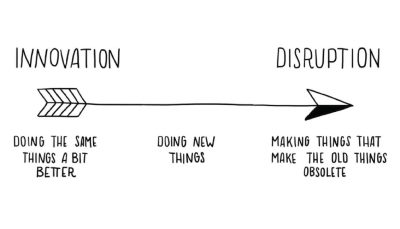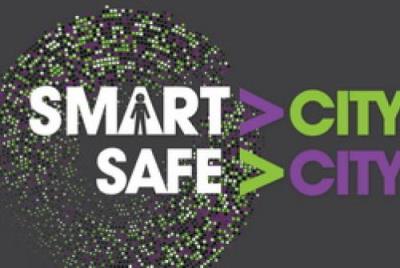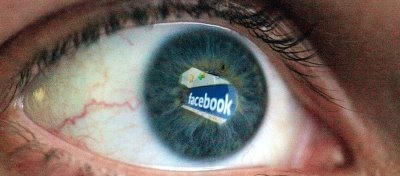The issue of controlling the algorithms that increasingly shape our lives to avoid bias is now recognized (see our previous posts ‘How Algorithms Can Become Weapons of Math Destruction‘ and ‘How We Need to Audit the Key Algorithms That Drive our Lives‘). A proposal is contained in the Quartz post ‘We should treat algorithms like prescription drugs‘.

“For decades, pharma and biotech companies have tested drugs through meticulously fine-tuned clinical trials. Why not take some of those best practices and use them to create algorithms that are safer, more effective, and even more ethical?“. In addition, a strong regulator enforces checks and verifies that the testing has been done properly before allowing drugs to be put on the market. Then, a surveillance network also feeds back unexpected effects of a drug which may lead to reconsider its use or for which symptoms it is really useful.
On interesting aspect of this analogy is to recognize that algorithms like drugs have side effects. In a systemic view of the world, an algorithm that aims to solve a problem may – no, will – create unforeseen effects on some other aspects, especially if its use becomes widespread.
As the article mentions, drugs regulators have already started regulating devices that use algorithms for medical purpose (for example, sugar regulation apps for diabetics). This may produce a framework that could be spread to other types of algorithms.
Still, regulating algorithms may be a huge endeavor and setting up this framework will take time and effort – and require to develop new ways to efficiently evaluate algorithms for bias and for unexpected effects. An interesting field of research for the years to come!











